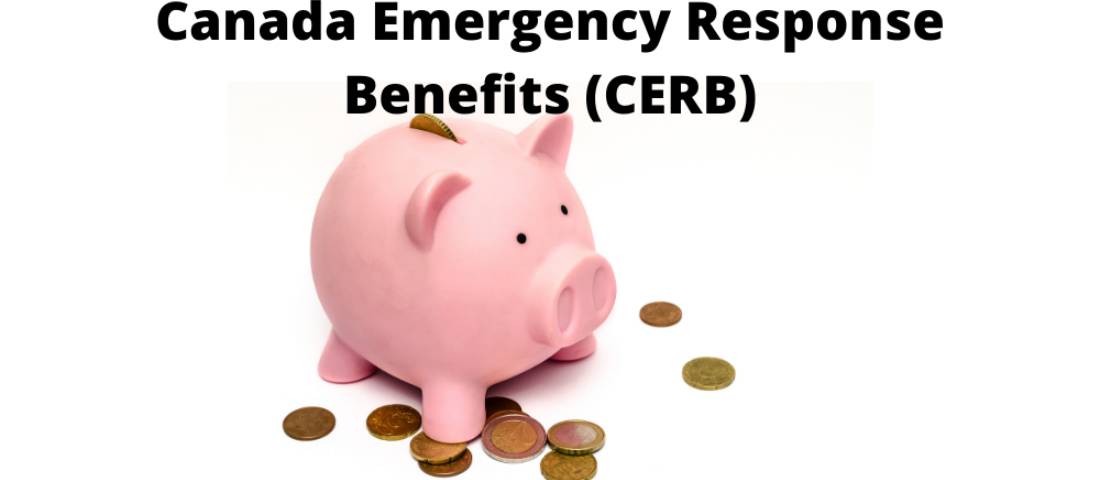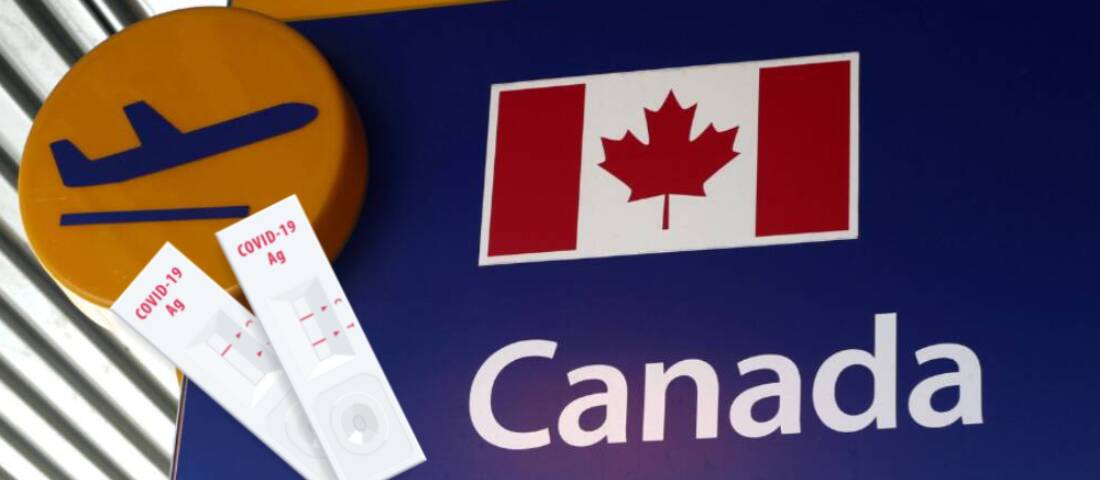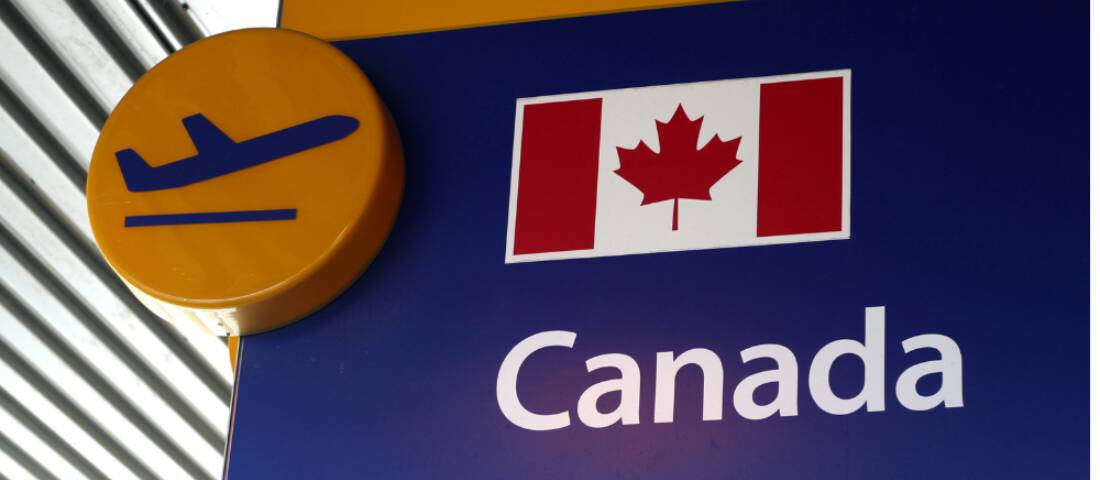If you are in Canada on a temporary visa - an international student, temporary foreign worker - and have lost your job or other income due to the coronavirus (COVID-19) you may be considering applying for Canada Emergency Response Benefits (CERB). Many Canadian immigrants with temporary status who have an immigration application in process are concerned that receiving CERB benefits may negatively impact their immigration application. CERB provides temporary income support.
Canada immigration application approval depends on proof of the applicant's ability to support themself in Canada and not depend on government provided "social assistance" to live in Canada:
social assistance means any benefit in the form of money, goods or services provided to or on behalf of a person by a province under a program of social assistance, including a program of social assistance designated by a province to provide for basic requirements including food, shelter, clothing, fuel, utilities, household supplies, personal requirements and health care not provided by public health care, including dental care and eye care.
CERB Benefits and Immigration
Effective April 15, Canada has updated the eligibility criteria for CERB to allow workers who earn less than $1,000 a month or who have seasonal employment and can’t find a job due to COVID-19, as well as those who are running out of employment insurance, to apply for benefits. Applications for CERB opened on April 6 and are being accepted through the government’s CERB portal.
Under the unique circumstances of the global pandemic, we believe that CERB and any other federal relief payments are not "social assistance" for the purposes of sponsor eligibility and sponsor's post-landing obligations, because those are federal benefits. IRCC regulations define "social assistance" specifically as benefits provided by a provincial government.
Employment Insurance Benefits and Immigration
Canada’s Employment Insurance (EI) system is available to all eligible workers including Canadian citizens, permanent residents, and foreign workers on work permits. If you have lost your job through a temporary or permanent layoff due to no fault of your own, such as the coronavirus crisis, you are eligible for EI provided you meet other eligibility requirements.
To qualify for EI:
- You must be actively looking for work.
- Temporary workers on closed work permits may not qualify due to their inability to work with a new employer, depending on the conditions of their work permit.
- Open work permit holders are eligible for EI benefits provided if they can demonstrate that they are willing and able to accept work and are actively seeking employment.
FAQs on CERB, Family Sponsorship and EI
Immigration, Refugee and Citizenship Canada (IRCC) provided an updated policy on CERB, COVID-19 and immigration on April 20:
Can I sponsor my spouse, parent or grandparent if I’m receiving a Canada Emergency Response Benefit (CERB) payment?
Yes, if you’re receiving CERB you’re still eligible to sponsor, as long as you meet all the requirements. CERB would not be considered social assistance.
Is CERB considered social assistance?
The Canada Emergency Response Benefit payments (CERB) are not considered social assistance. Receiving CERB won’t make you ineligible to sponsor your spouse, parent or grandparent.
If I collect EI or CERB during the undertaking period as a sponsored permanent resident, will it cause my sponsor to go into default?
No, neither EI or CERB would cause the sponsor to default if you collect these benefits during the undertaking period.
However, if you collect social assistance during the undertaking period, that would cause your sponsor to default and they would have to repay the amount.
If you have questions about your immigration application or eligibility and receiving benefits due to the COVID crisis, or other immigration issues during the coronavirus restrictions or for post-restriction business, contact Ackah Law today at (403) 452-9515 Ext. 100 or 1-800-932-1190 or email contact@ackahlaw.com.








